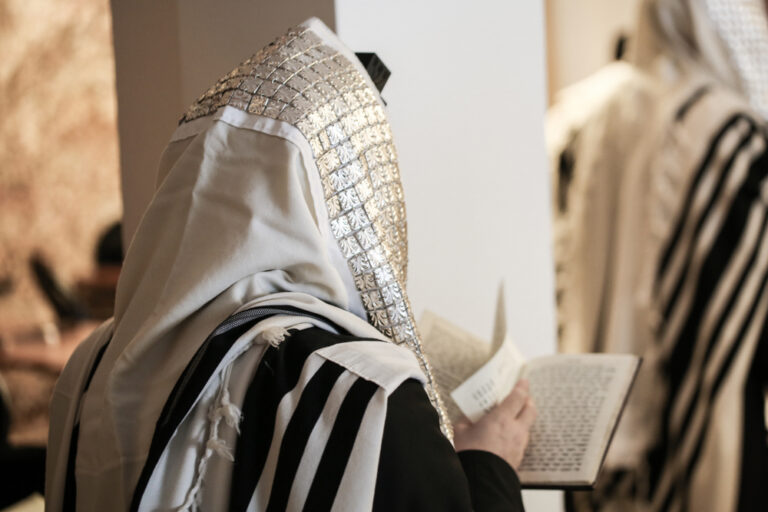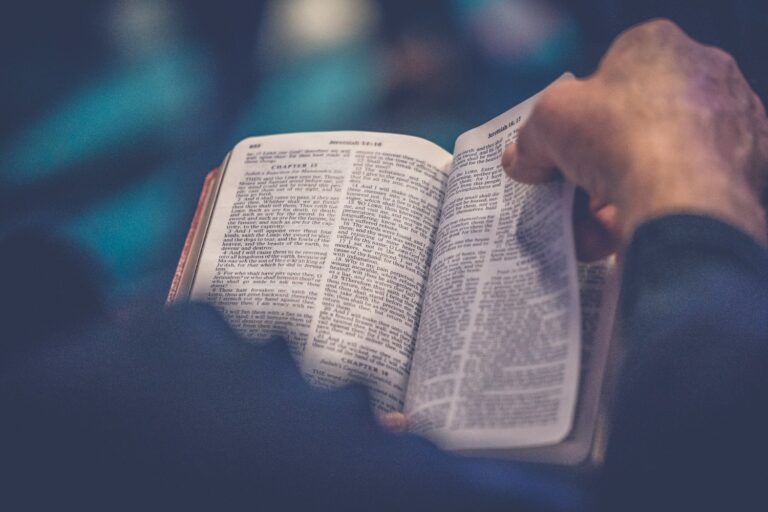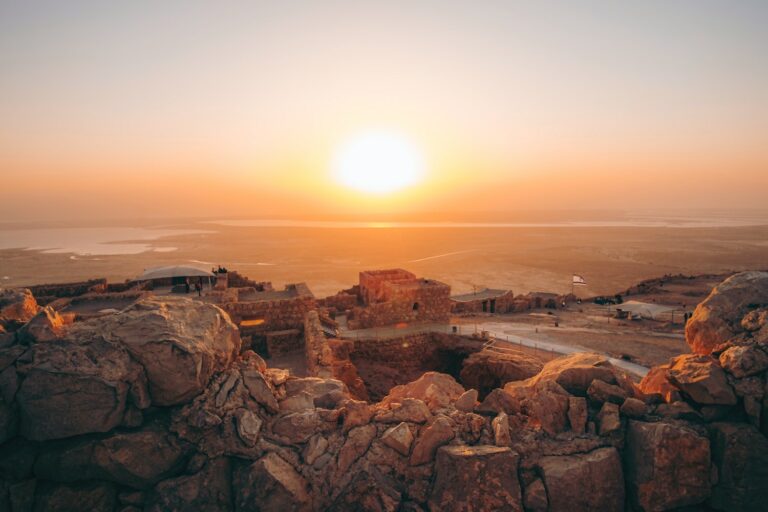Maxine Carlill, ICEJ Australia Team Member
Following the Feast of Weeks (Shavuot in Hebrew, also known as Pentecost), which was celebrated 50 days after Passover, a long gap occurs before the third Pilgrim Festival – the Feast of Tabernacles.
There is another Festival though that the Jewish sages say is the foremost of the festivals. It is the weekly Sabbath, or ‘Shabbat’ in Hebrew. As we look at the instructions surrounding it, we will see that in it a most important concept is revealed.
Shabbat is the only day of the week named; its meaning linked to a ‘cessation of work’. The other days are referred to as Day One, Day Two etc. and are considered as a countdown to Shabbat.
Genesis 2:3 first mentions the Sabbath: “And God blessed the seventh day and sanctified it: because that in it he had rested from all his work which God created and made.” The Hebrew word generally translated as ‘rested’ conveys the sense of completion. Exodus 31:17 contains similar wording, a different Hebrew word also translated as rested implies ‘ceasing from work’. Because Shabbat is thus linked with creation, it is a weekly and important reminder that there is a Creator.
In Deuteronomy 5:14-15, Shabbat is also linked to the Exodus from Egypt. “But the seventh day is a sabbath of the LORD your God; you shall not do any work — you, your son or your daughter, your male or female slave, your ox or your ass, or any of your cattle, or the stranger in your settlements, so that your male and female slave may rest as you do. Remember that you were a slave in the land of Egypt and the LORD your God freed you from there with a mighty hand and an outstretched arm; therefore the LORD your God has commanded you to observe the sabbath day.”
This verse is included in a repetition of the Ten Commandments but with a difference in the wording regarding the Seventh Day. When they were slaves, the Israelites could not keep Shabbat but now they were free to have control over their time. Here God reminds them that He was their Deliverer from bondage, the One who brought them into freedom and has carved out a sacred period of time for them to have a weekly appointment with Him.
“Remember the Sabbath day, to keep it holy,” was included in the Ten Commandments because the Seventh Day had already been set apart by God and made holy. Before the people even came to Mount Sinai to receive God’s law (or the Torah), Moses told them in Exodus 16:29 that they had been given this holy day. The manna which was being provided on a daily basis would not be given on the Seventh Day, instead there would be extra provided on the sixth day. The lesson was clear; the Seventh day was to be dedicated to God, taking precedence over the usual daily occupations. The double portion of manna is remembered in Jewish households each Friday night when the Sabbath is welcomed. Two loaves of the special plaited bread called khalla are on the table and are covered by a cloth representing the dew which brought their daily supply of this heavenly bread in the wilderness.
The commandment to keep the Seventh day holy was repeated several times in the Torah and later the prophets rebuked Israel for desecrating it. Their responsibility to ‘keep’ it holy (the Hebrew word means to ‘guard or protect’), was a sign that they were set apart for the LORD. Exodus 31:13 “It is a sign between Me and the children of Israel forever…” God was very serious about the holiness of Shabbat being maintained.
Even in Exodus 35:1-3 before construction started on the Tabernacle, Moses reminded them to keep Shabbat holy. This makes it clear, say Jewish scholars, that keeping Shabbat was more important even than building a dwelling place for God Himself. Until this day, many Jewish people uphold the sanctity of Shabbat by avoiding all semblance of everyday work and preparing themselves, their meals, and their homes so that this day is set apart and they can enjoy this time with family and with God.
Why were the regulations so stringent about Shabbat? Even incurring the death penalty?
It is because of the picture that God embedded in it. The Sabbath represents an aspect of our salvation, making it clear that we cannot work for it. Hebrews 4:9-10 says, “There remains therefore, a Sabbath rest for the people of God. For he who has entered that rest also ceased from his works as God did from His.” Although the life of those who belong to the family of God is an active and dynamic one and includes good works, entering into that family is something for which we do not work, neither can we, because there is nothing we can do to make ourselves right before a Holy God. We can only step into that which has been prepared for us, accepting what has been done. Hebrew 10:12 says that “He [Jesus] sat down at the right hand of God…” This means that His atoning work was completed, everything necessary for us to avail ourselves of the salvation offered through his sacrifice.
The prophet Jeremiah was given a message for the backsliding citizens of the southern kingdom of Judah. He was to observe their desecration of the Sabbath and issue a stern warning that desecrating the Sabbath was one of the factors that would bring judgement down on Judah, “Thus says the LORD: Take care for the sake of your lives, and do not bear a burden on the Sabbath day or bring it in by the gates of Jerusalem.”
Let’s learn the lesson in this rebuke. Having entered the Sabbath Rest of Hebrews 4:9-10, we do not need to, nor should we, carry burdens. In Matthew 7:25-34 Jesus encourages us leave our worries with our Heavenly Father. The traditional greeting in the Jewish world before the weekly Sabbath begins is ‘shabbat shalom’. As we rest in what the Shabbat represents, that is, everything that God has done for us through His Messiah, and the care He promises us, we will know His shalom, peace of mind and spirit.
Image credit: Shutterstock




